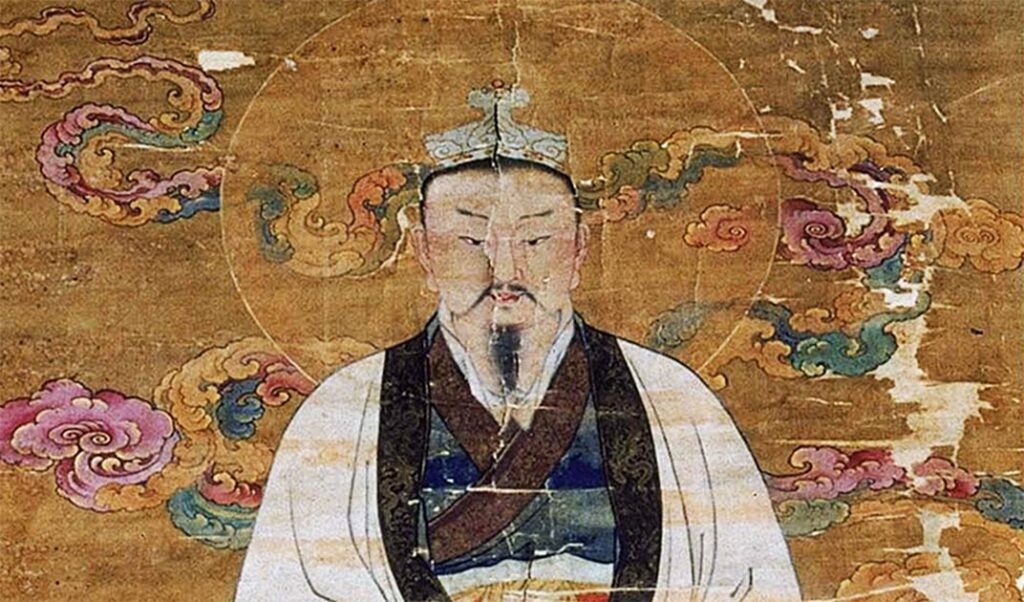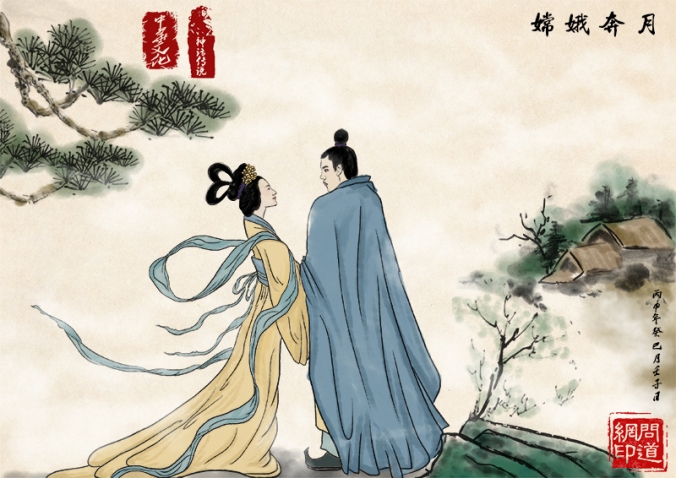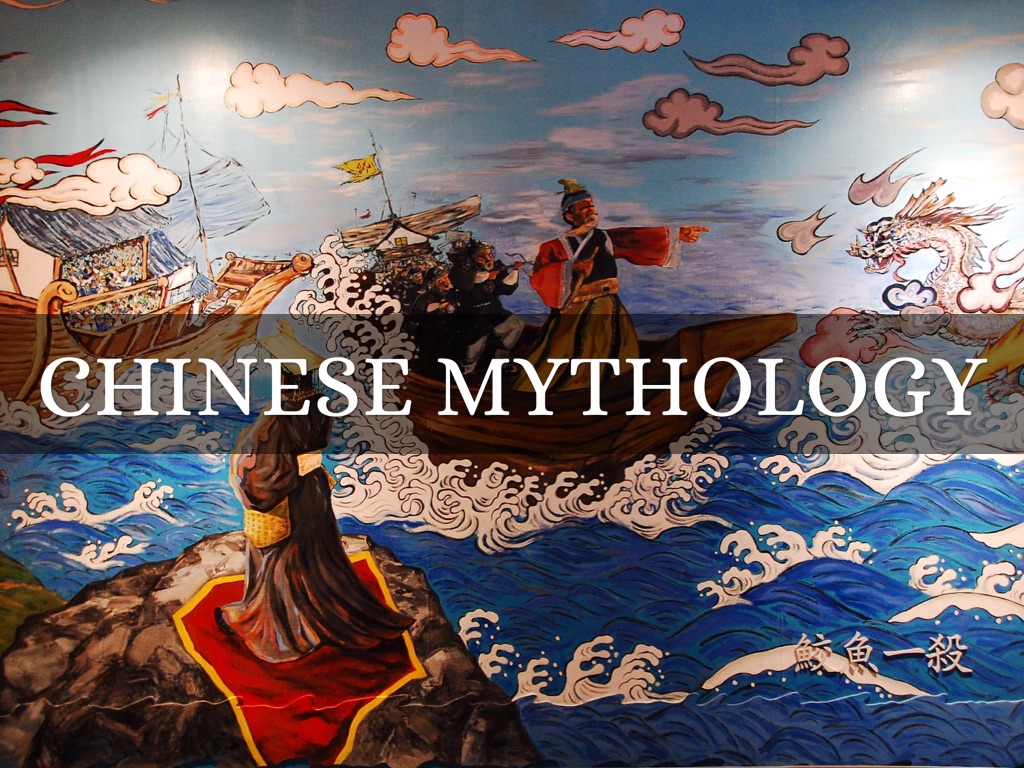By Dimitris Topalis,
Introduction
Chinese mythology, as we call it, is the collection of cultural history, tales, and religious traditions that have been passed down for centuries. Chinese mythology contains myths about the creation of the world, and legends about the founding of Chinese culture and the Chinese state. The Chinese myths originate from the 12th century BC and they were passed down verbally from one generation to another, before the recording in books like Shui Jing Zhu and Shan Hai Jing.
The records of Chinese mythology
As we said before, the mythology of ancient China started in the 12th century BC. Some of those myths were passed on verbally as stories, others, however, were transmitted by the traditions of ancient China. Those traditions include the theatre, dances, and even songs, before they were recorded in novels, such as Fengshen Yanyi. The most recognizable myths were three. First, we have Shan Hai Jing (Classic of Mountains and Seas), which describes the myths about witchcraft and religion of ancient China. It also contains, in great detail, records about the geography, sea and mountains, costumes, and ethnicities of ancient China. Shan Hai Jing is being mentioned as an early encyclopedia of ancient Chinese civilization. Then, we have Shui Jing Zhu (Commentary on the Water Classic) began as commentaries on the water scroll and then turned into an extensive record on geography, history, and associated legends. Last but not least, Hei’an Zhuan (Epic of Darkness) is perhaps the only script that has survived in its old form and is preserved by a Chinese tribe, containing accounts from Pangu’s birth (more information of which will be presented shortly) until the historical era.

The major deities of Chinese mythology
The most important deities of Chinese Mythology are eighteen. In Chinese mythology, one of the most important gods is Pangu, who is a horned, hairy beast who is considered to be the first living being of the universe. According to the Chinese creation myth, he emerged from an egg, that contained the universe, and created the earth and sky. He is also considered the creator of the earth and sky and he is associated with the concept of yin and yang, which are the two opposites that bring balance to the universe. One of the most popular and recognizable deities in Chinese mythology is Jade Emperor, who is the supreme ruler of Heaven and the first emperor of China. Despite his vast power, Jade Emperor has a lot of recognizable traits like mercy and benevolence. It is said —and believed— that during the new year, Jade Emperor judges the character of every living thing and punishes or rewards them accordingly. Then we have Xiwangmu, one of the most powerful goddesses in the Chinese pantheon. She is the one that controls life and death. In addition, she is the wife of Jade Emperor.

Chang’e is the beautiful goddess of the moon. She is a Chinese deity better known for stealing the elixir of immortality from her husband, Hou Yi. Chang’e plays an important role in the annual Mid-Autumn Festival. Her husband, Hou Yi, is also an important god, who is the best archer of all time. He is perhaps best known for shooting down nine of the ten suns and saving the Earth, as well as one of China’s original star-crossed lovers, alongside his wife, Chang’e. Then there is Guanyin, the goddess of mercy and compassion. She is a key figure in many ancient Chinese myths. Sun Wukong, also known as the Monkey King, is a trickster god that plays a major role in the famous adventure novel Journey to the West. Then there is Nezha. She is a precocious teenage deity who serves as the patron saint of young adults. An important deity is also the Dragon King, Longwang, who is a fierce and powerful Chinese god and commands the oceans, weather, dragons, and creatures of the sea. Despite the fact that the other gods are calm and have their distinct personality traits, the trait of Longwang is that, most of the time, he is angry and can sometimes take things even one step further. The dragon king is also considered a lucky omen.

Zhong Kui, or as they call him the King of Ghosts, was originally a mortal who was treated quite poorly due to his appearance, resulting in taking his own life. Then we have Mazu, the Chinese goddess of the sea, who protects sailors, fishermen, and travelers. She can predict the coming of perilous storms and often warns sailors with a flash of her bright red robe. In Chinese mythology, Mazu has a sad tale: she was a mortal at first; however, after a family tragedy, she became a goddess. Lastly, we have the Eight Immortals, a group of characters that represent all forms of the people living in China. Those are: He Xian Gu, Cao Gou Jiu, Li Tie Guai, Lan Cai, Lü Dongbin, Han Xiang Zi, Zhang Guo Lao, and Zhongli Quan.
References
- Jonathan Chamberlain, Chinese Gods: An Introduction to Chinese Folk Religion, published by Blacksmith Books




